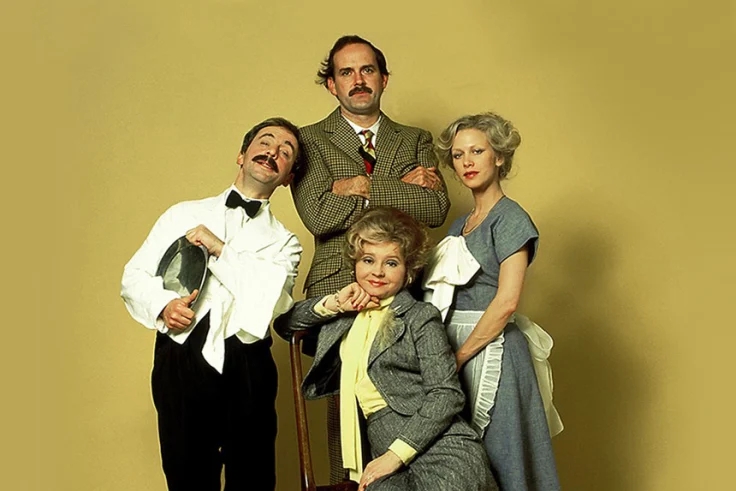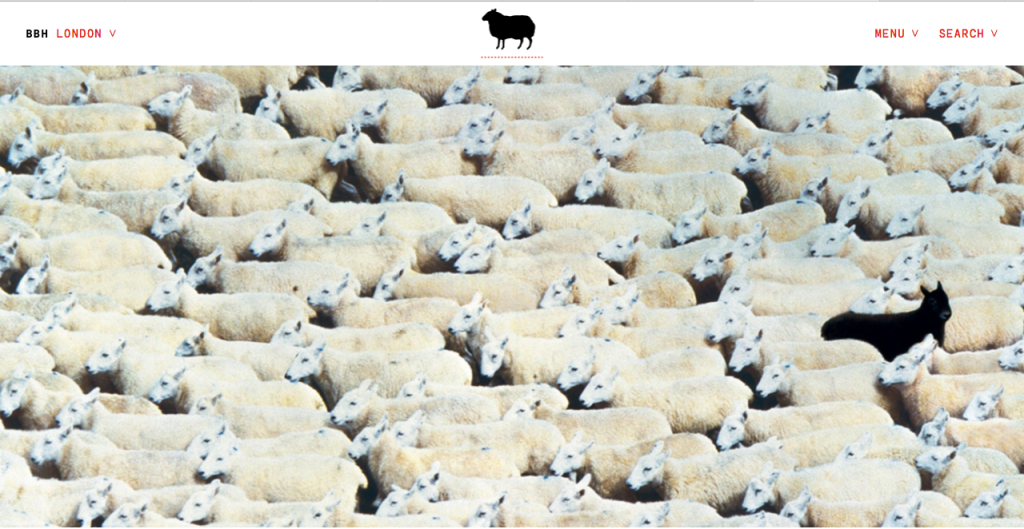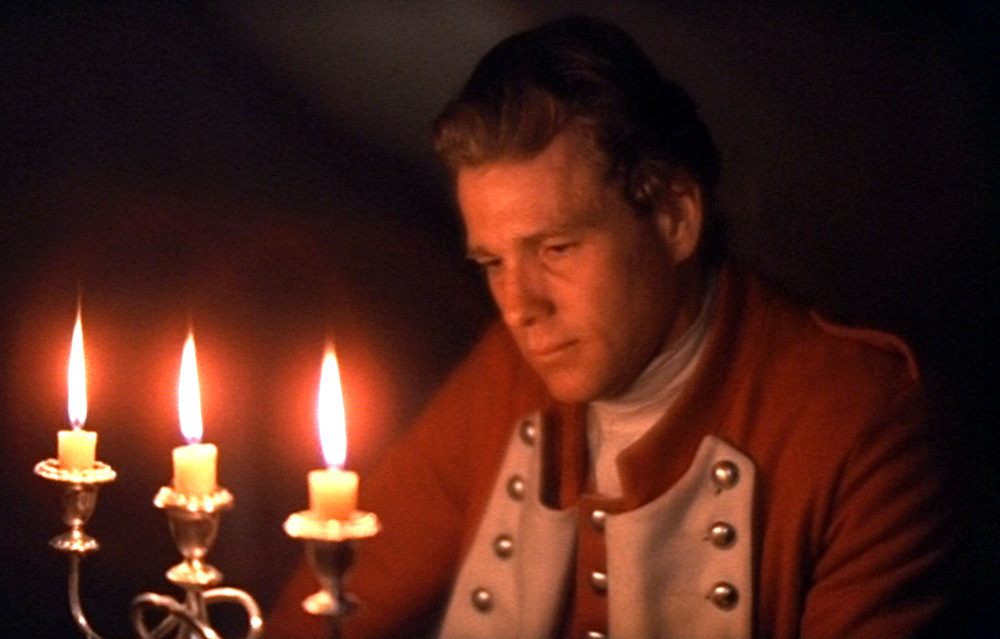
“If you’re not prepared to be wrong, you’ll never come up with anything original.”
Sir Ken Robinson
Many years ago, BBH the great London agency had a black sheep as their logo. Their line was: when the world zigs, zag.

In short, how do you not be like everybody else. Creativity in advertising is all about being noticed. And a large part of that is not being like everybody else. One of my favourite quotes of all time comes from Picasso. Ah, good taste! What a dreadful thing! Taste is the enemy of creativeness.
Creativity should always be wary of consensus. Creativity should always be wary of best practice. Creativity should be wary of the phrase, that’s how things are done. None of those things really get you anywhere new. Let’s be clear, creativity is supposed to be the glitch not the matrix. The matrix is about what is. The glitch is how you go somewhere new.
So, to bolster my argument I thought I would give you two examples. One is about obsession and the other, humour. I think these qualities, which are really about discernment, will become very important in a world where the correct answer will be why many things look like other things.
It is very hard to light a film using candlelight. Actually, in the 70s it was almost impossible. But it was done in Stanley Kubrick’s Barry Lyndon. He realised that to make the film look like life in the 1750s there would have been no electric light. Only candles. So, that is madness right? It sounds like a bad idea with millions of dollars at stake. I am sure there were many who thought it wouldn’t work.

Well, Kubrick didn’t think so. He had a singular vision. He wasn’t looking for consensus or best practice. So, how did he do it? He obtained three super-fast lenses developed by Zeiss for use by NASA in the Apollo moon landings. With these lenses that were made for the moon and some other technical innovations he pulled it off. John Alcott the cinematographer would win an Oscar for his work. The obsession of Kubrick to do this created something new. What the 1750s actually looked like on film. Think how many period piece films had been shot before this. Nobody had asked the question. And nobody was obsessed enough to find an answer. An answer nobody was looking for.
Imagine, I pitch you an idea for a television show. The main person is a loser in almost every way. He is also unlikeable and continually stressed out. His wife thinks he is an idiot. The business he runs is terrible because he doesn’t know what he is doing. The staff he works with are incompetent and he treats them like shit. In each episode, something happens that is going to be a catastrophe. I would imagine many would not buy this show. There would be too many negatives. I would imagine there would be conversations about making the main character more likeable. By the way, the show is called Fawlty Towers.
This is why humour has always been important. It tells the truth to humans. A truth you see in yourself. Which is where humour comes from. And, it can look at the most mundane subjects and transform them into brilliance. To find truth and transformation in the same place is very rare. Humour doesn’t look for consensus or best practice. It looks for mistakes, flaws and what it means to be human. Our business moved away from humour for a long time. It needs to move back. It needs to zag.
The reality is, in the future, being the same as everybody else will be incredibly easy. And many will do it.
Which is why being different will become far more valuable.
And being different always begins with making the ‘wrong’ choices.
